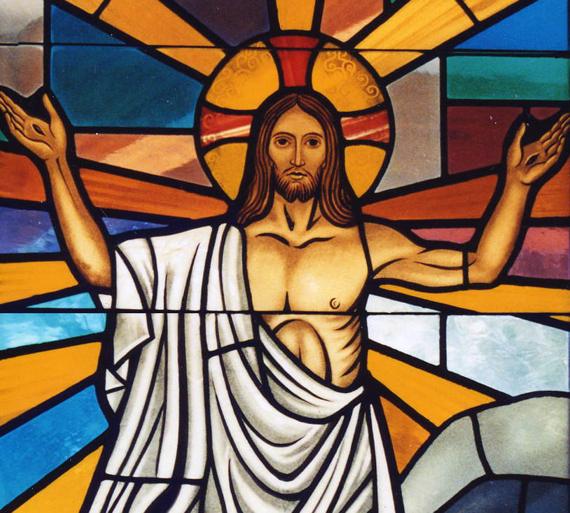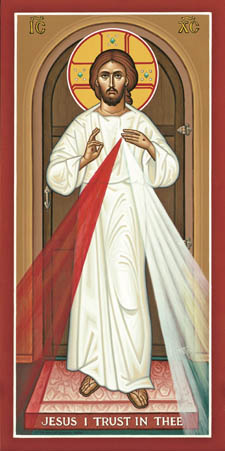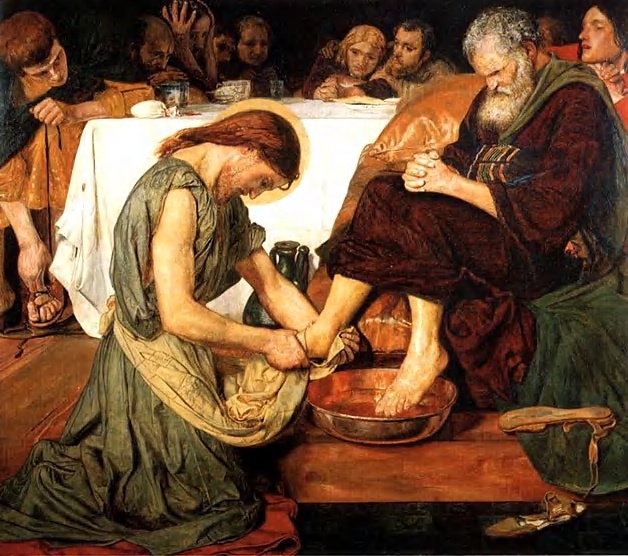In the JP2 Group last week the question of cremation came up so I thought I’d write a quick post about it here.
Body Bad, Spirit Good?
Prior to the birth of Christianity, cremation was common. This stemmed in large part from the way Pagans viewed the body and soul. They did not believe in the resurrection of the body. In fact, they had a pretty dim view of the body and cremation was sometimes seen as a way of releasing the soul trapped inside the body.
The Gnostic groups which competed with Christianity in the early centuries held to a similar dualistic beliefs. They viewed the spirit as something good, but the body as something evil.
Image and Likeness
Christianity, on the other hand, stood in stark contrast to this worldview, affirming the goodness of the body:
Then God said, “Let us make mankind in our image, in our likeness, so that they may rule over…all the creatures…” So God created mankind in his own image, in the image of God he created them; male and female he created them. – Genesis 1:26-27
St. Paul also spoke about the body in exalted terms, describing it as a temple:
Do you not know that your bodies are temples of the Holy Spirit, who is in you, whom you have received from God? You are not your own; you were bought at a price. Therefore honor God with your bodies.
– 1 Corinthians 6:19-20
Because of this, Christians afforded great respect to the body, both life and in death. We find this in the witness of the Early Church (AD 155) after the death of Polycarp:
[T]he centurion…declared [Polycarp’s] body property of the state and, according to their custom, burnt it. Afterwards, we collected Polycarp’s bones, being more precious than the most exquisite jewels and more purified than gold, we interred them in a fitting place. There the Lord will permit us…to assemble in rapturous joy and celebrate his martyrdom – his birthday – both in order to commemorate the heroes that have gone before, and to train the heroes yet to come… – Martyrdom of Polycarp, Chapter 18
The most important issue here though is that Christians proclaimed the resurrection from the dead:
So will it be with the resurrection of the dead. The body that is sown is perishable, it is raised imperishable; it is sown in dishonor, it is raised in glory; it is sown in weakness, it is raised in power…
– 1 Corinthians 15:42
Therefore, because of their belief in the sanctity of the body, as well as to affirm the resurrection of the body, Christians have historically not cremated their deceased. It is not that God would unable to resurrect a cremated body – He can do anything – it is that Christians simply wish to respect something made in God’s image and to affirm the resurrection from the dead. It is for these reasons that cremation has traditionally not been an option for Catholics.

Read more
 The other day I was praying the Beatitudes and remembered that years ago I rather enjoyed the version found in “The Message”.
The other day I was praying the Beatitudes and remembered that years ago I rather enjoyed the version found in “The Message”.



 2nd Sunday of Easter: 15th April, 2012
2nd Sunday of Easter: 15th April, 2012